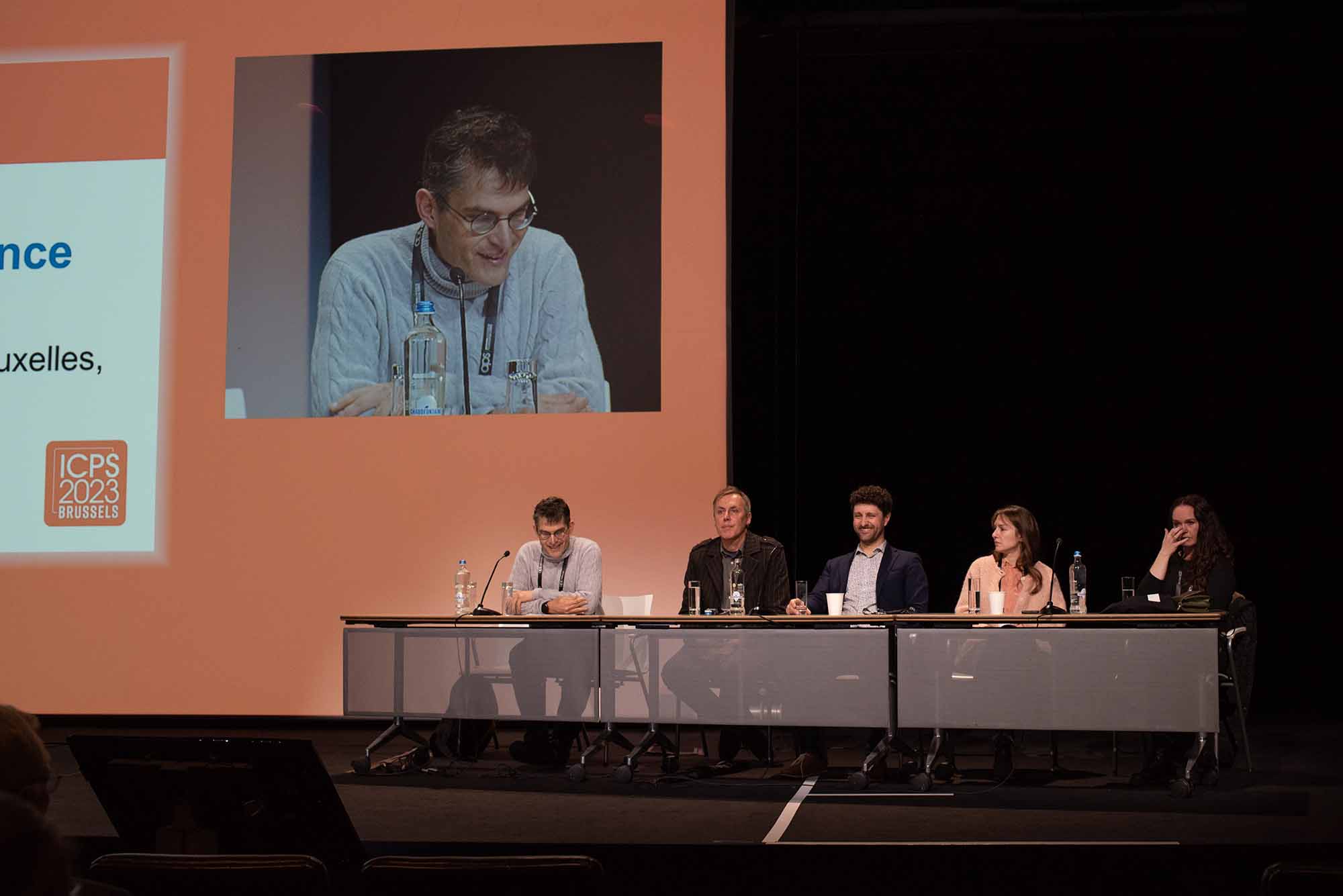-
How Feelings of Disconnection and Lack of Control Fuel Conspiracy Beliefs
Analysis – Conspiracy theories have always been a part of society, offering explanations – sometimes simple, often elaborate – for complex events. Some have uncovered genuine conspiracies, such as the Watergate scandal. Most lack substance but Visit Page
-

Understanding How We Interpret and Share Misinformation
Research on misinformation has spiked since 2016, following events such as the 2016 U.S. Presidential election and the COVID-19 pandemic. Visit Page
-

New Research in Psychological Science
A sample of research on statistical learning within objects, the effects of acute stress on learning and decision-making, aging-associated declines in cognition, reconsidering belief in contradictory conspiracy theories, and much more. Visit Page
-

Research Briefs
Recent highlights from APS journals articles. Visit Page
-

Conspiracy Theorists May Not Always Think Rationally, but They Don’t Generally Believe Contradictory Claims
Regardless of the popular conspiracy theory, most of its believers stick to their guns — and do not subscribe to contradictory theories as well. Visit Page
-

Truth, Lies, and the Consequences of Science Denial
What accounts for resistance to science-backed evidence and vulnerability to misinformation and conspiracy theories? Takeaways from an integrative science symposium at APS’s 2023 International Convention of Psychological Science. Visit Page

